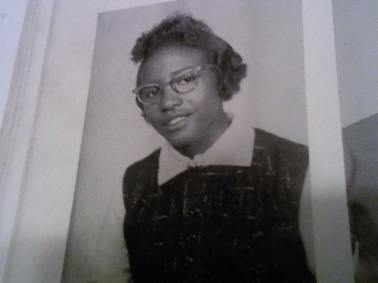Today is the last day of my 20s, and it feels so…anticlimactic.
That might be the pandemic talking, even though lockdown in the UK is over (although I have qualms over this).
I know that I’m supposed to have all of these feelings about turning 30, and that they’re all meant to center on fear or anxiety or stress. I’m meant to be a mess.
And I am a mess, but not because I’m on the precipice of what’s meant to be the best decade of adulthood—although I’m probably making that last bit up. That’s just me as an individual.
The truth of the matter is, this year has been such a strange one—a clusterfuck if you will— and I just find the possibility that is being presented with aging to be much more exciting. It’s like I’m about to start a new adventure, which seems so wild to me. It’s wild because my twenties brought me so many adventures bordering on the mundane to the terrifying.
My thirties represent closing a chapter on grad school, taking a year off before the dreaded PhD years start (or maybe just never coming back to academia…I can still change my mind), maybe settling down in one location for longer than a year. My thirties are just another reminder that I’m on my way to becoming the woman I was created to be, and as I continue on I can’t help but to look back at the gift that was my twenties.
What a train wreck…sometimes. What a masterpiece, oh yes.
I distinctly remember entering my twenties expecting my life to be so different: the picket fence dream of committed companionship, 2.5 kids and a mortgage. Thank God that didn’t happen.
My twenties taught me that committed companionship will happen with the right partner, not with someone I want to be right; children just aren’t my jam right now, and they might never be, and that’s okay; and mortgages mean permanence and root building and I have so valued my freedom.
Watching my friends build the lives they wanted while in their twenties made me realize the importance of dreaming different dreams and going down different paths. Paths that offered a chance to commit to myself, my potential and my well-being. Looking back through my social media footprint, I also learned the value of consistency. Me being outspoken about issues that matter to me—particularly human rights, has been part of me this whole time. I’ve just gotten so much more vocal. Maybe my 30’s will teach me how to be elegant in my delivery.
My twenties also taught me to be firm and unapologetic about my boundaries. Learning what those boundaries are has been an ever-changing experience, but I no longer do most things that I do not want to do. Obviously, there are things that I do because I have to, there are things that I do because of the bigger picture, but there are things that I just don’t. I’m still working on not feeling guilty for saying no, but I no longer offer excuses unless I want to. It’s great.
I also realized that I am responsible for protecting my peace, and if that means cutting people off, so be it. This is a lesson that the Black Lives Matter movement reminded me recently. While the reminder was specific in that if you don’t believe in the importance of every Black person’s existence, then you can’t believe in the importance of me existing, and if that’s the case then I don’t need to focus any energy on you. Simple as that. That specificity moves beyond a difference of fundamental beliefs. While I still think people come into your life for a reason, even if their presence is only felt for a season, but it’s okay to just let that shit go. It might not come with a bridge burning (although that is okay, too), but it doesn’t do to dwell on relationships that you’ve simply outgrown.
Another thing that I learned, and I do have to give credit to my PC service for teaching it to me, is the importance of rest. When I entered my twenties, I came in at a sprint hoping to catch up with my peers who hadn’t taken a year off from school, who hadn’t been diagnosed with sometimes debilitating depression, who maybe weren’t angry all of the time. That sprint meant taking 18-21 credit hours each semester to double major in an area I thought I was no longer interested in, but a deviation would’ve put me further behind. It meant working part-time on the other side of the glorious 757. It meant taking volunteer roles and internships everywhere. It meant working anywhere from 40 to 70 hours a week after I got my degree, while still trying to maintain a social life. Moving to Armenia stripped away all of that “busy.” I got to figure out what a rest actually looked like, and even though I absolutely failed at resting those first 6 months of me being there, I did learn. For my well-being and because of all of the horrible things that did happen, I had to learn that rest and self-care wasn’t a regimented scheduling of manicures and pedicures and haircuts and massages. But they were nights in doing things that actually brought me peace and filled me up. They were glasses of wine with close friends, movie nights and pajamas, a book and a face mask. Learning how to take care of myself (and my hair) have been some of the most influential parts of my twenties, and those lessons came because of my commitment to rest.
While all of the previous things mentioned have been great lessons that I will carry with me (although I reserve the right to change my mind), they haven’t been the only things I fully learned to appreciate. My twenties taught me to fully find love within myself. I think at the beginning I was waiting for Prince Eric to come and instill some sense of value and worthiness that I already intrinsically had. And because that’s what I thought I was supposed to have to feel whole and complete, there was a time I was willing to settle for the mediocre instead of waiting for the extraordinary. But God.
Instead, I got to discover things about myself that I never would’ve known, like my preference for morning yoga or fondness for solo traveling. And while I still appreciate a plan, sometimes the unexpected is better. I was able to experience the possibility of being able to eat pasta twice a day, everyday and that running through a vineyard at dusk is much better than running on any pavement. More deeply, I learned that my brokenness and the trauma that came with it is nothing to be ashamed of because the right person (or people) will love you anyway.
So, dear twenties, thank you for building me into this person who is constantly re-imagining, reinventing and rediscovering herself.
Thirties, you have rather large shoes to fill.
Other lessons from my twenties: a list
This list is not necessarily a practical list for living life, and comes from a position of immense privilege.
- Every opportunity you get, go hunting with your dad.
- Your non-toxic family is more important than any other individual or group
- Eat the pasta
- Traveling is a privilege, so if you’re able to do so, adventure on!
- You won’t be everyone’s taste, so go ahead and say no to people who’ve already shown you their intentions that don’t align with yours.
- It is possible to eat ice cream whilst crying.
- Call your mom all the time.
- Don’t get a dog without first meeting that good boy or girl.
- Life is too short to eat shit food.
- Ask yourself, “Would a man apologize in this situation? If no, move on.”
- Shitting yourself isn’t as bad as it sounds.
- Get a therapist.
- Have sing-a-longs with your sister.
- Go hiking, drink the beer and come back down the mountain. You probably won’t die.
- Drink water, wear sunscreen and moisturize.
- Say no to things you know you don’t want to do, especially if it’s with people you don’t like very much.
- Be kind to your brothers.
- Contrary to popular belief, it is okay to quit.
- Order dessert first every once in a while.
- Advocate for yourself if you are able to. If you are not, it’s okay to ask someone else to help you.
- Write a love letter to yourself.
- Have older friends.
- Have younger friends.
- It’s okay to not know. It is not okay to not learn.
- If you’re going to insist on not having kids, be a good aunt.
- Don’t travel with all of your friends. Just meet them somewhere.
- Apologize when you’re wrong (unless you’re a Virgo, because you probably weren’t wrong).
- Be sincere when you apologize for hurting someone.
- Fuck boys aren’t always booty calls, sometimes they sit next to you in church.
- Pet all of the dogs, but if you can, get consent for the owners first.
- Take social media breaks often.
- If everyone has bought an equal amount of food and drinks, just split the check evenly.
- If they offer to check your carry on at the gate, do it! Especially if you have a connecting flight.
- Diversify your bookshelf.
- As long as they’re older than your brothers, it’s fine.
- Try local customs like topless sunbathing, you prude.
- Don’t feel pressured to not be a prude. Do you.
- People that maintain relationships despite distance are the real MVPs.
- Save when you can, but you can always make money (according to Babs).
- Take yourself out on a date. But if you’re in Florence, take yourself on an expensive date.
- If you really don’t want kids, double up on birth control methods
- Don’t get bangs.
- Love your natural hair (and learn to take care of those luscious curls).

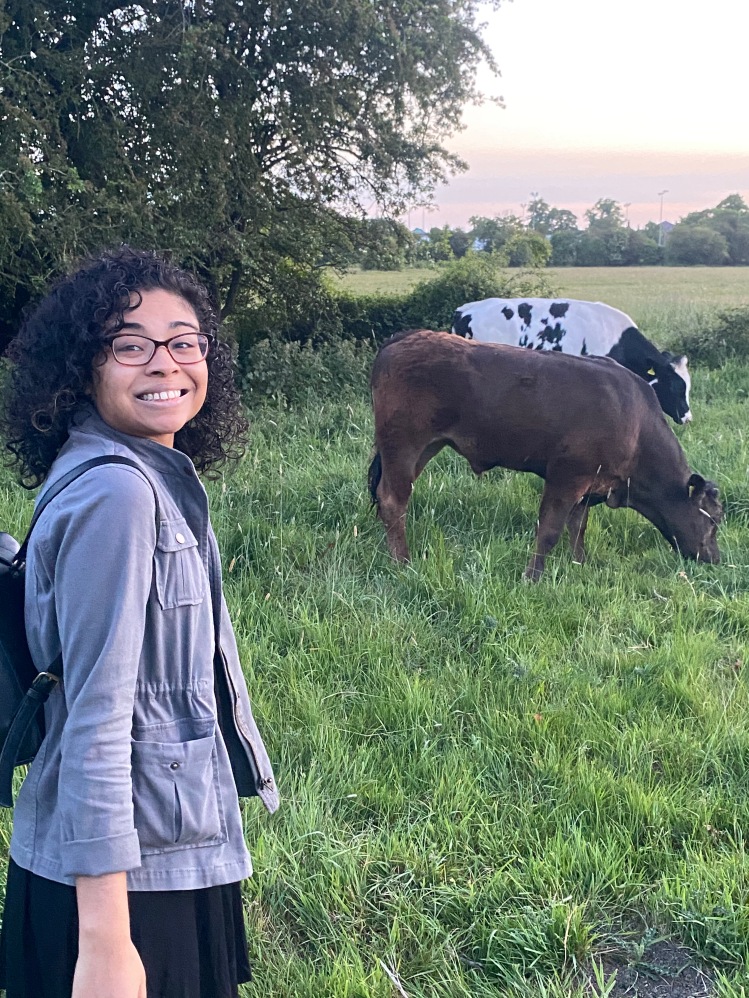

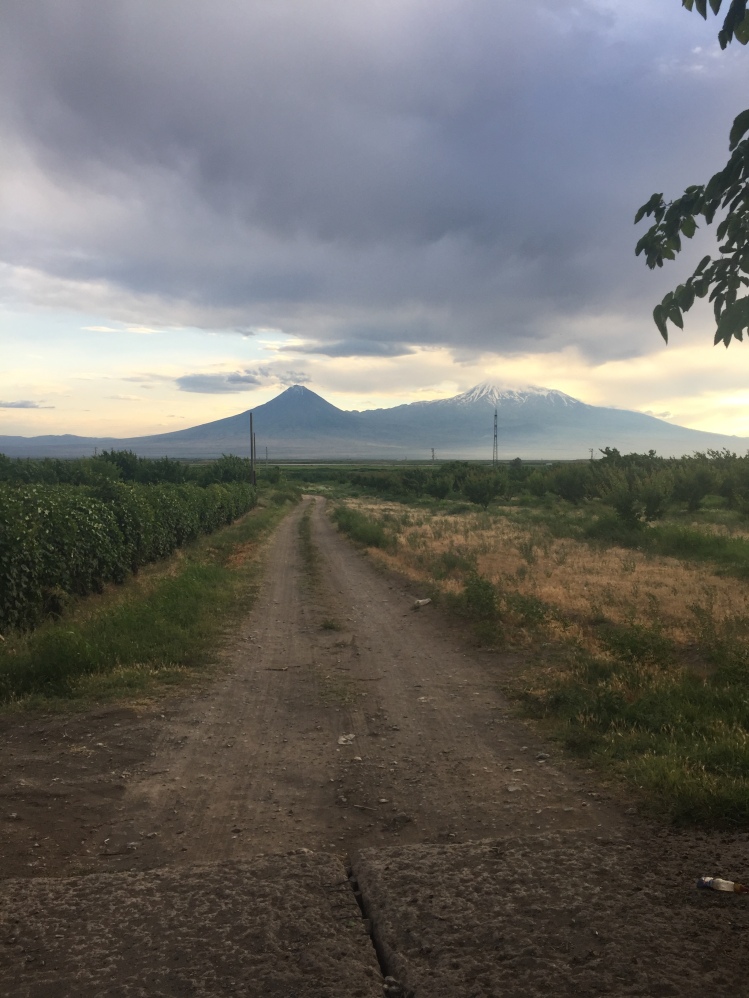





















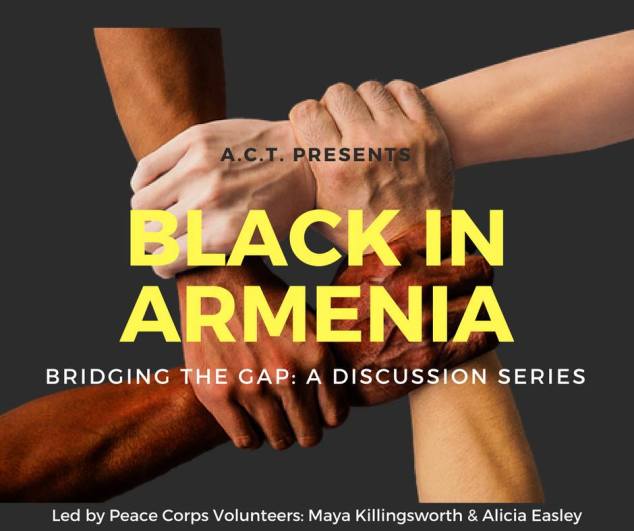


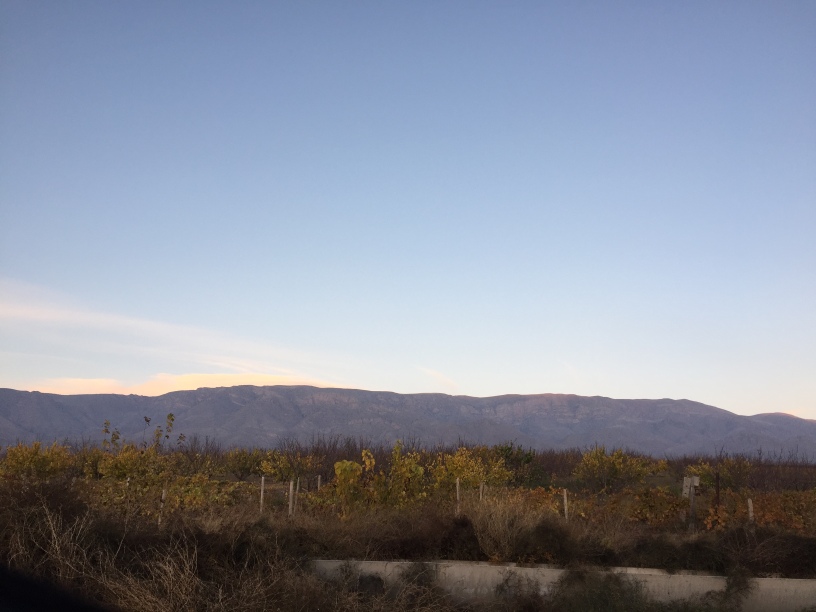
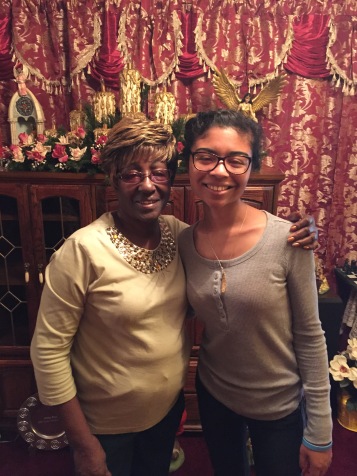 have been trying to think of the words that adequately describe the hurt my heart feels today, and there are just none.
have been trying to think of the words that adequately describe the hurt my heart feels today, and there are just none.